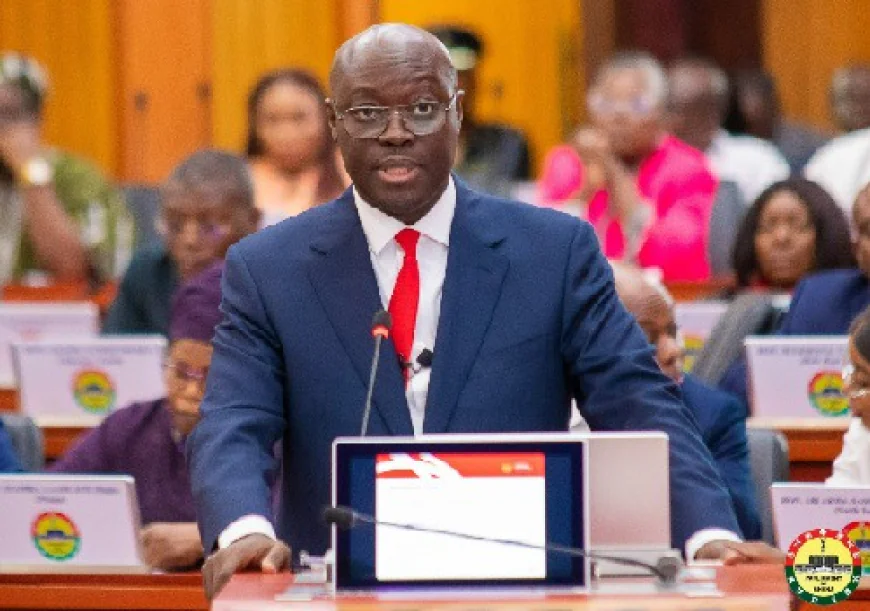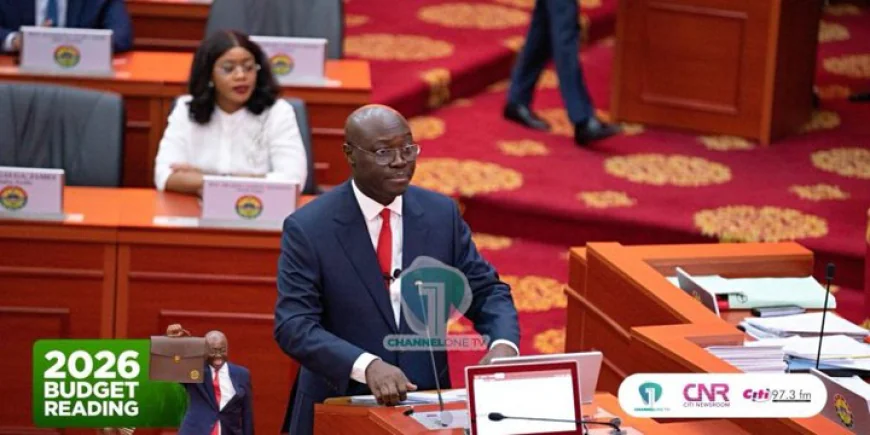Gov’t to Build 6 Regional Hospitals, Complete 10 Agenda 111 Projects, and Reopen La General Hospital
The government has announced a major push in the health sector, outlining an ambitious plan to construct six new regional hospitals, advance ongoing Agenda 111 projects, and reopen the La General Hospital, which has been closed for reconstruction since 2020.
The government has announced a major push in the health sector, outlining an ambitious plan to construct six new regional hospitals, advance ongoing Agenda 111 projects, and reopen the La General Hospital, which has been closed for reconstruction since 2020.
The announcement was delivered as part of the government's broader strategy to expand healthcare access, upgrade infrastructure, and ease the pressure on overstretched facilities across the country.
According to officials, the six new regional hospitals will be situated in regions that currently lack fully equipped referral facilities. The intention is to address long-standing disparities in access to specialist care, especially in rapidly growing regional capitals. Government sources indicate that feasibility studies and land acquisition processes for the new hospitals are already underway.
Alongside these new projects, the government also confirmed that ten Agenda 111 hospital projects are expected to be completed within the coming year. Agenda 111—touted as one of the largest healthcare infrastructure initiatives in Ghana’s history—targets the construction of 111 district hospitals, two psychiatric hospitals, and the redevelopment of the Accra Psychiatric Hospital. While the pace of progress has drawn mixed public reactions, the government insists that construction across multiple sites is advancing steadily and that completed hospitals will soon be handed over for operationalization.
A key highlight of the announcement is the planned reopening of the La General Hospital. The facility, which was demolished for safety reasons, has remained closed for years, forcing residents of La, Osu, Teshie, and surrounding areas to seek services in already congested hospitals such as Ridge and Korle-Bu. The government emphasized that reconstruction work has reached an advanced stage, paving the way for the hospital to resume operations once equipped and staffed. The new building is expected to feature modern wards, an expanded maternity unit, and upgraded emergency services.
Health analysts have welcomed the renewed commitment but emphasize the need for timely delivery and adequate staffing. They caution that infrastructure alone cannot solve Ghana’s healthcare gaps unless accompanied by investment in personnel, maintenance, and medical technology.
For many communities, the projects represent long-awaited relief and a sign of the state’s renewed focus on public health. As construction timelines are firmed up, citizens will be watching closely to see whether the government delivers on these promises within the projected timeframes.
The expansion push, if completed as planned, could significantly reshape Ghana’s healthcare landscape and strengthen the country's preparedness for public health emergencies.




